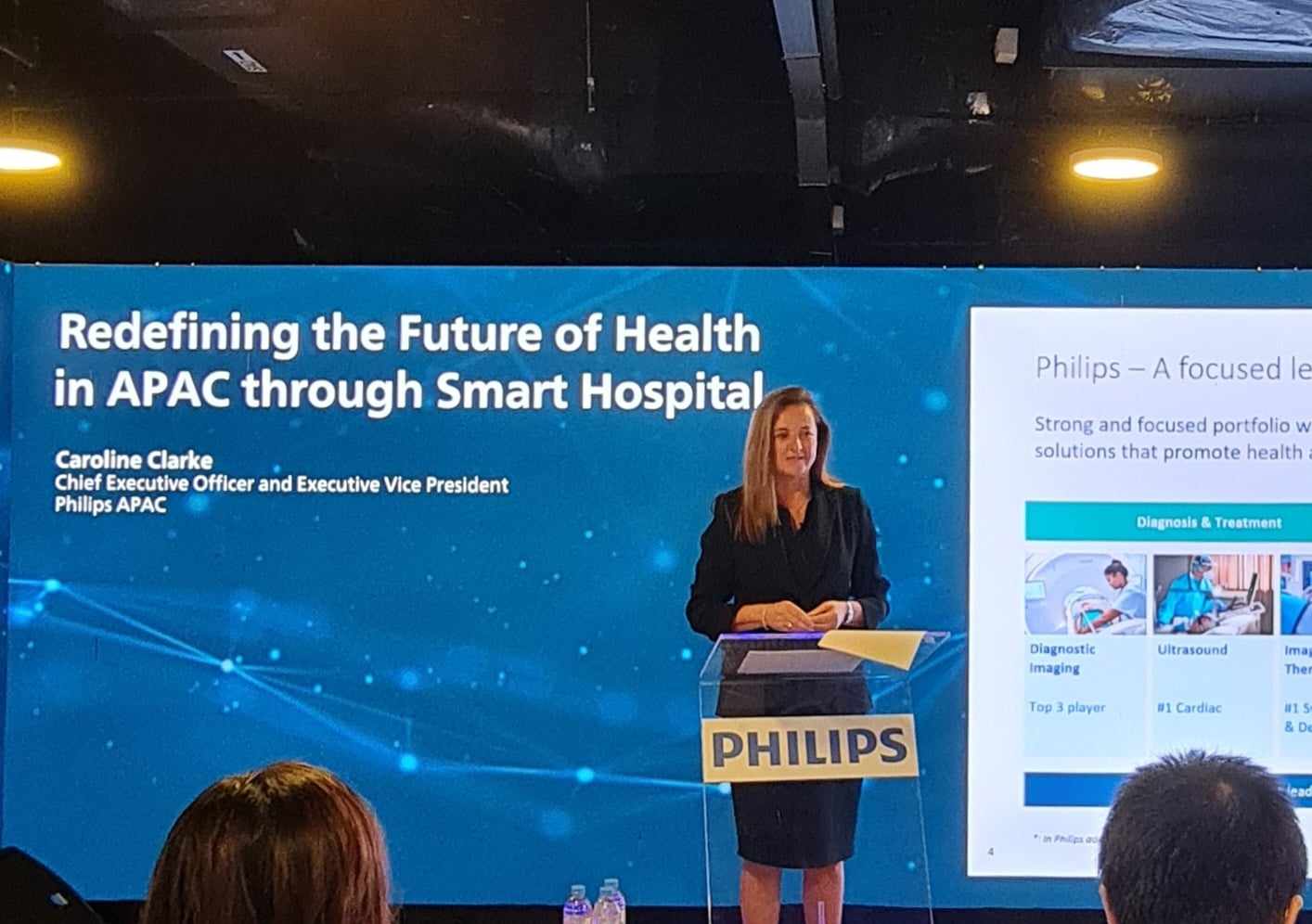One of the things we continuously need in our lives is healthcare. From the moment we are born until the moment we die, we need it. However, healthcare changes constantly, and rapidly. And in order for healthcare professionals to efficiently handle those in need, they need to be updated round the clock on the latest trends. Only by better understanding the challenges and opportunities of the industry can professionals create a better and sustainable future for healthcare.
Very recently in Singapore, Royal Philips, a global leader in health technology, has shared the Asia Pacific (APAC) findings of its Future Health Index (FHI) 2023. The "Taking Healthcare Everywhere" report discusses the problems, challenges and opportunities that healthcare leaders face right now. It also shows what they expect of the future expounding on the emergence of a new model of healthcare in the APAC region.
"Helping those in need is not charity. It is humanity" - Hippocrates
Philips created The Future of Health Index in 2016 to help healthcare professionals understand the challenges and opportunities the industry is presently facing. Published annually, it is based on a survey covering healthcare leaders and professionals in 14 countries. Topics range from the state of healthcare in the country to the future of patient care. This year, the findings reveal a new healthcare model focused on using technology and data to bring care closer to patients, providing more efficient and environmentally sustainable healthcare solutions.

According to Caroline Clarke, CEO and Executive Vice President of Philips APAC, as a focused leader in health technology, Philips aims to improve the lives of 2.5 billion people annually by 2030. This is in keeping with its primary purpose of improving people's health and well-being through meaningful innovation.
The Future Health Index survey covers the many challenges the healthcare industry is facing. Among the challenges that Caroline discussed is the continuous rise in the shortage of healthcare workers. Caroline mentioned that by 2030, an alarming number of 10M is the expected global deficit of qualified healthcare professionals. The rise of chronic diseases that are expensive to treat remains to be a challenge as well. Then, there is also the issue of rising healthcare costs. This makes it more difficult for people to afford quality care. Caroline also mentioned that more patients are willing to be more involved in their own care and are keen on gaining easy and convenient access to care through various channels like wearables and sensors.
So how does the future of healthcare look like?
When you catch a glimpse of your potential, that's when passion is born - Zig Ziglar
We have always been fascinated by the future and what it holds. Imagine how exciting it could be if we could catch a glimpse of it. Mark Burby, Philips Head of Health Systems Sales and Solutions APAC, provides us with a foresight into the future of work in the healthcare industry by touching on the digital trends, solutions, and the impact they can have.
Healthcare and technology are closely connected today. By keeping up with the latest advancements, healthcare providers can improve the quality, efficiency, and accessibility of care for their patients, resulting in better outcomes and quality of life.
With over 130 years of innovation in health technology, Philips remains focused on delivering excellent healthcare. To address the challenges presented above, healthcare professionals see digital technology - artificial intelligence (AI), telehealth, and the willingness to adapt to innovation and technology across a smart and connected ecosystem as the key to the success of the new care delivery models.
According to research, healthcare leaders and professionals are confident that the new care delivery models will improve work-life balance and lead to greater job satisfaction. Patients can benefit from these new models as they become more knowledgeable about their treatment and more likely to follow through with it.
In the APAC region, the implementation of innovative care delivery methods is being driven by a rise in investments in digital health technologies like AI, data, virtual care, and training. Presently, the top investment area is digital health records and the use of AI predominantly for clinical decision support and predicting outcomes.
Healthcare leaders in the region are moving towards a distributed healthcare model that extends patient care beyond hospital walls with 62% of them currently providing acute care virtually at home or through in-person visits, while 51% are providing intensive or critical care support virtually.
As presented by Mark, the future of healthcare is envisioned as a smart and connected ecosystem that is centered around the patient. Philips boasts a robust and targeted collection of offerings, spearheading inventive solutions like AI, the Internet of Medical Things (IoMT) and cloud-based digital platforms to deliver a seamless end-to-end experience for patients.
Likewise, sustainability remains a key concern for APAC's healthcare industry. The future of healthcare lies in a sustainable ecosystem that incorporates digital solutions. It is widely recognized that climate-friendly solutions are fundamental in creating a sustainable industry.
Philips has teamed up with the healthcare industry in the Asia-Pacific region to create new and advanced care delivery models that prioritize smart hospitals and adopt digital transformation.
Join me next as Philips gives us a clear vision of what a smart and connected hospital would be like in the future.